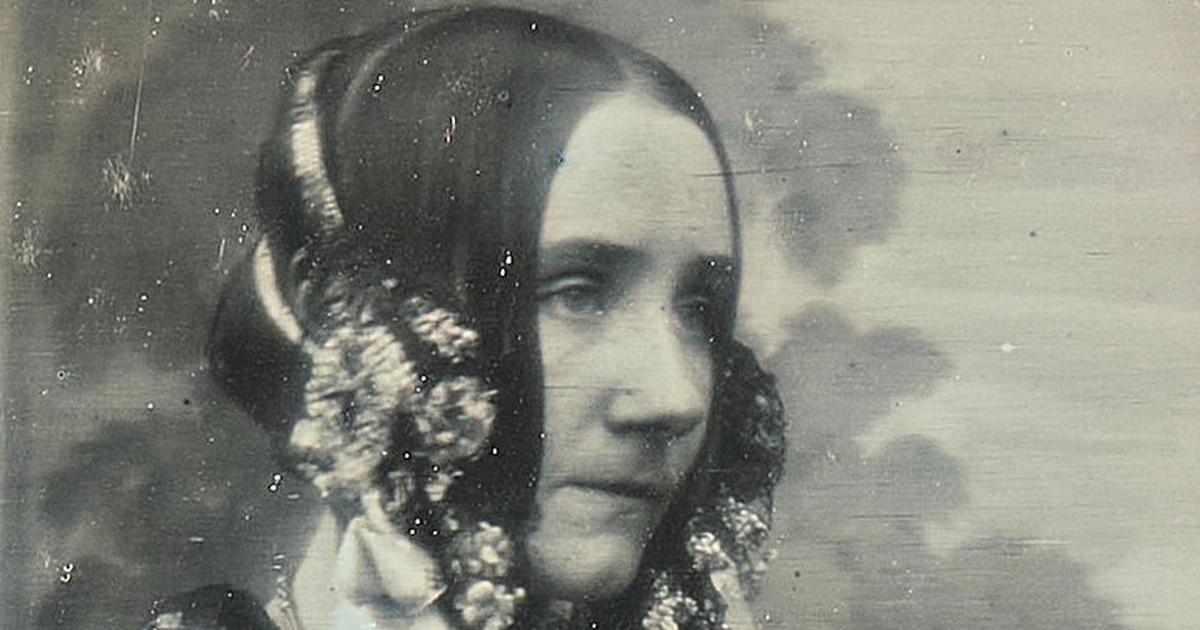Sunday book pick: Abuse and desire go hand in hand in Yukio Mishima’s 1950 novel ‘Thirst For Love’

Join our WhatsApp Community to receive travel deals, free stays, and special offers!
- Join Now -
Join our WhatsApp Community to receive travel deals, free stays, and special offers!
- Join Now -

“If it weren’t for love, people would get along fine. If it weren’t for love…”
Yukio Mishima’s Thirst for Love is scandalous for all the right reasons. Written with startling clarity about a woman obsessed with a young man, Mishima forces the skewed power and politics of sex in Japanese homes to let itself be known. The novel almost seems to smirk at Japan’s socio-cultural traditions – comically stoic and punishingly refined – while animal emotions leap under its surface.
Loving in secret
Following the death of her philandering husband, Etsuko gives up city life and moves into her father-in-law’s home to live with her dead husband’s family. Even in his absence, she is bound to him – she must honour the chastity of widowhood and uphold the family’s good name as the eldest daughter-in-law. Away from all kinds of excitement, Etsuko experiences crushing loneliness – which is worsened by her lecherous father-in-law making advances on her. Hatred and disgust for the old man lead her to something even more sinister: Etsuko becomes infatuated with Saburo, an 18-year-old servant boy.
She takes to caring for him, going to great lengths to keep her affection a secret, without realising that neither Saburo nor anyone else at home suspects her of being up...
Read more
What's Your Reaction?
 Like
0
Like
0
 Dislike
0
Dislike
0
 Love
0
Love
0
 Funny
0
Funny
0
 Angry
0
Angry
0
 Sad
0
Sad
0
 Wow
0
Wow
0























































